In the modern automotive industry, every component of a vehicle serves both functional and aesthetic purposes. Among these, the grille has evolved into a defining feature of a vehicle’s identity and performance. Automotive Grille Manufacturers play a crucial role in shaping this balance between form and function, contributing to both the technical performance and visual character of today’s vehicles. This article explores how Automotive Grille Manufacturers influence contemporary vehicle design and why their role is gaining greater importance.
One of the primary responsibilities of Automotive Grille Manufacturers is to create designs that meet both functional needs and visual expectations. While the main technical role of a grille is to allow air to flow into the engine compartment for cooling, its design also significantly influences a vehicle’s appearance. A well-designed grille can give a car a bold, refined, or sporty look, depending on market preferences.
Automotive Grille Manufacturers work closely with automotive designers to develop grilles that complement a vehicle’s overall style while ensuring adequate airflow and protection for engine components. This collaboration ensures that the grille remains a vital part of the car’s visual identity and contributes to its market appeal.
As vehicle technology advances, Manufacturers are tasked with adapting their products to accommodate new features. For example, with the rise of electric and hybrid vehicles, the need for traditional air intake grilles has changed, since these vehicles often generate less heat than internal combustion engines. However, grilles continue to serve aesthetic and functional purposes, such as housing sensors for driver-assistance systems.
Automotive Grille Manufacturers have responded by developing innovative designs, such as closed-panel grilles or those integrated with lighting and radar sensors. These new designs maintain the grille’s position as a signature styling element while supporting the technological demands of the automotive industry.
Another area where Automotive Grille Manufacturers contribute significantly is material innovation. Grilles must be made from materials that can withstand various weather conditions, road debris, and temperature changes, all while maintaining their appearance. Traditionally, metals and plastic composites have been used, but new materials and surface treatments are now being introduced to enhance durability and reduce vehicle weight.
By experimenting with advanced polymers, chrome finishes, and corrosion-resistant coatings, Automotive Grille Manufacturers help improve the lifespan and performance of vehicle components. These material innovations also give manufacturers greater freedom to produce intricate designs that match different market segments and brand identities.
Modern car buyers often seek vehicles that reflect their personal style. This trend has encouraged Automotive Grille Manufacturers to offer more options in grille design, size, and finish. From aggressive mesh patterns to clean, minimalist horizontal bars, grilles are now available in a range of styles to suit different preferences.
Automotive Grille Manufacturers provide customization services for automotive brands, allowing them to differentiate their models through unique grille designs. This not only helps carmakers target specific consumer groups but also enhances the overall brand recognition of a vehicle lineup.
In today’s interconnected markets, Automotive Grille Manufacturers play an essential role in global supply chains. Vehicles produced in one country are often equipped with components made in another. To meet this demand, Manufacturers manage large-scale production and distribution operations, ensuring that parts reach assembly plants and aftermarket distributors efficiently.
As environmental concerns become a higher priority in the automotive industry, Automotive Grille Manufacturers are investing in sustainable practices. This includes reducing waste, improving energy efficiency in production, and selecting eco-friendly materials. Many manufacturers now design grilles with recyclability in mind, contributing to broader sustainability goals.

 English
English 日本語
日本語 Français
Français Deutsch
Deutsch Español
Español 简体中文
简体中文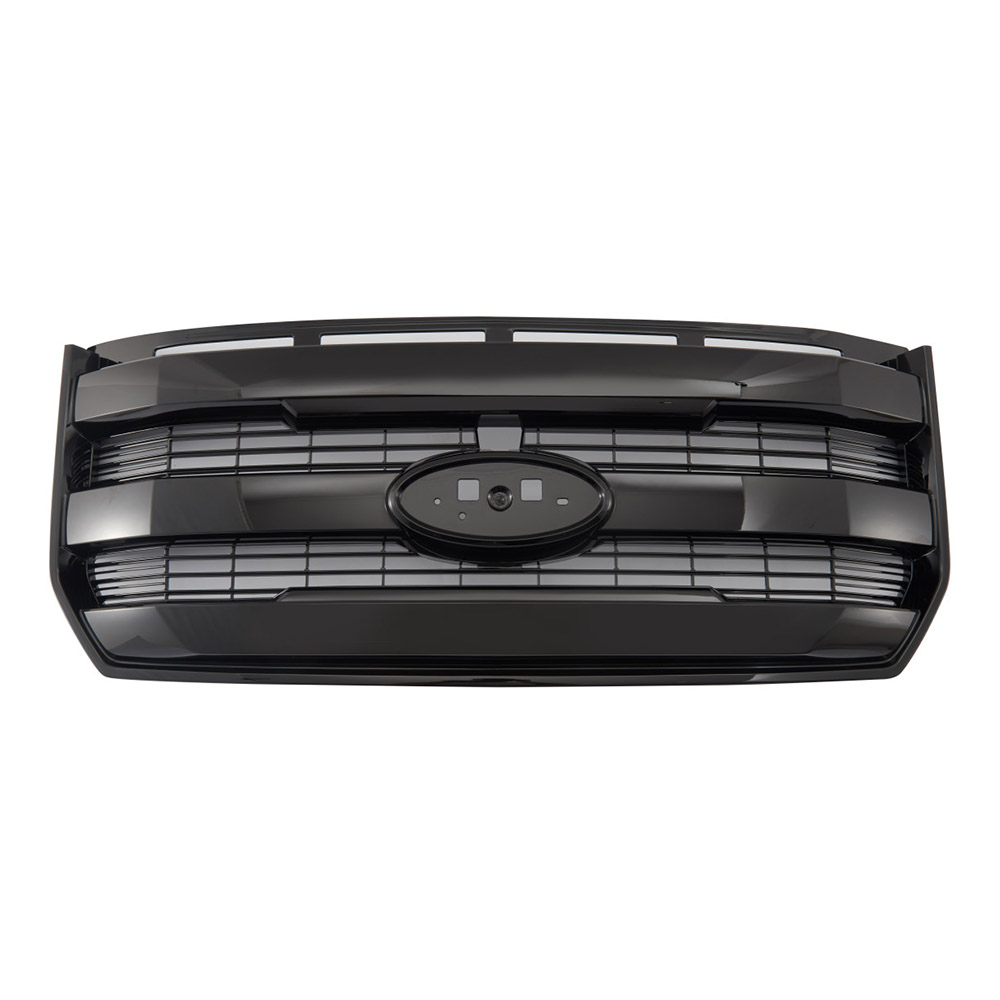
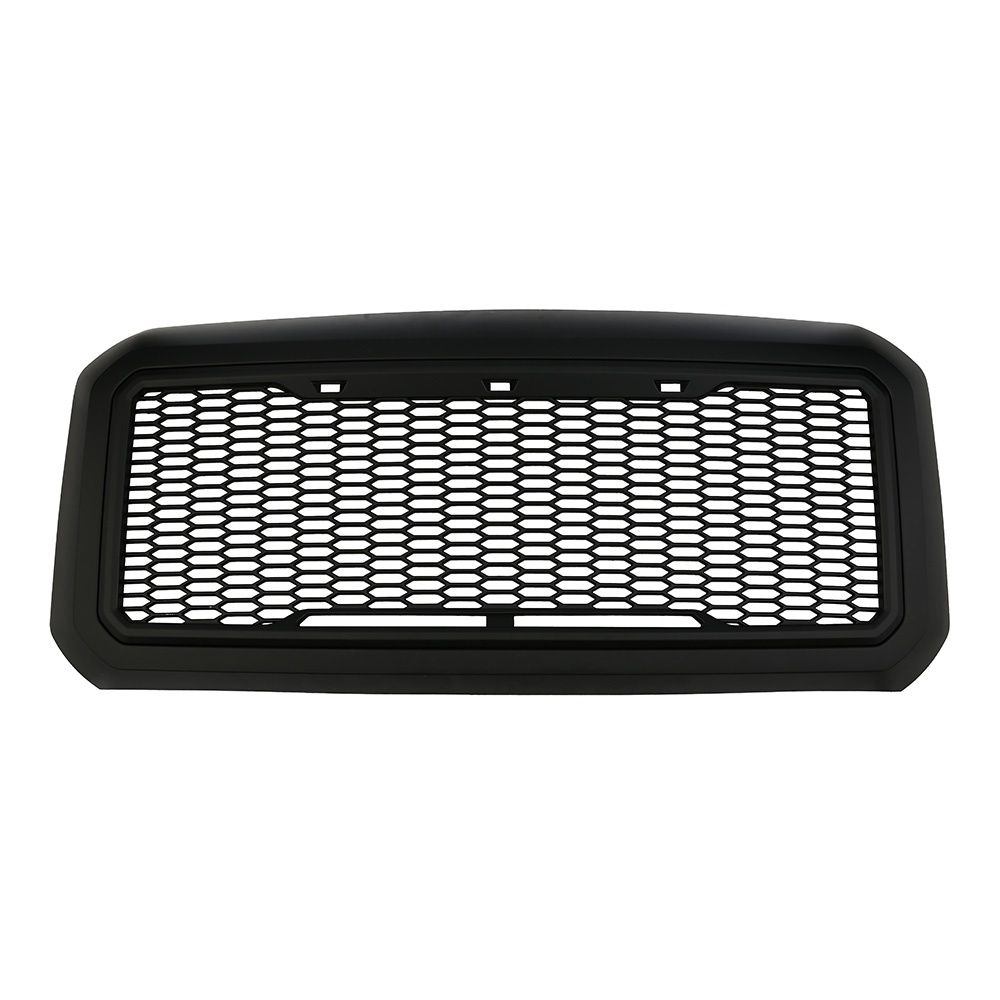
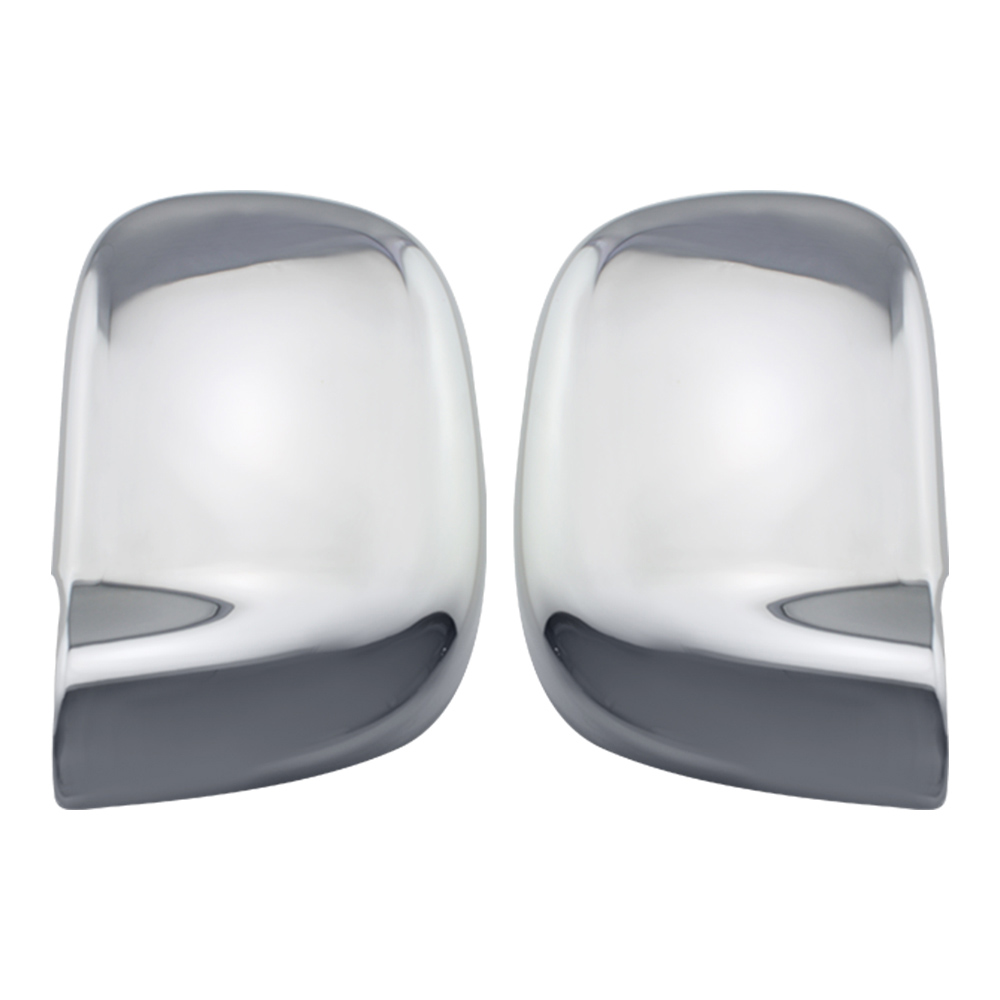 View More >>
View More >>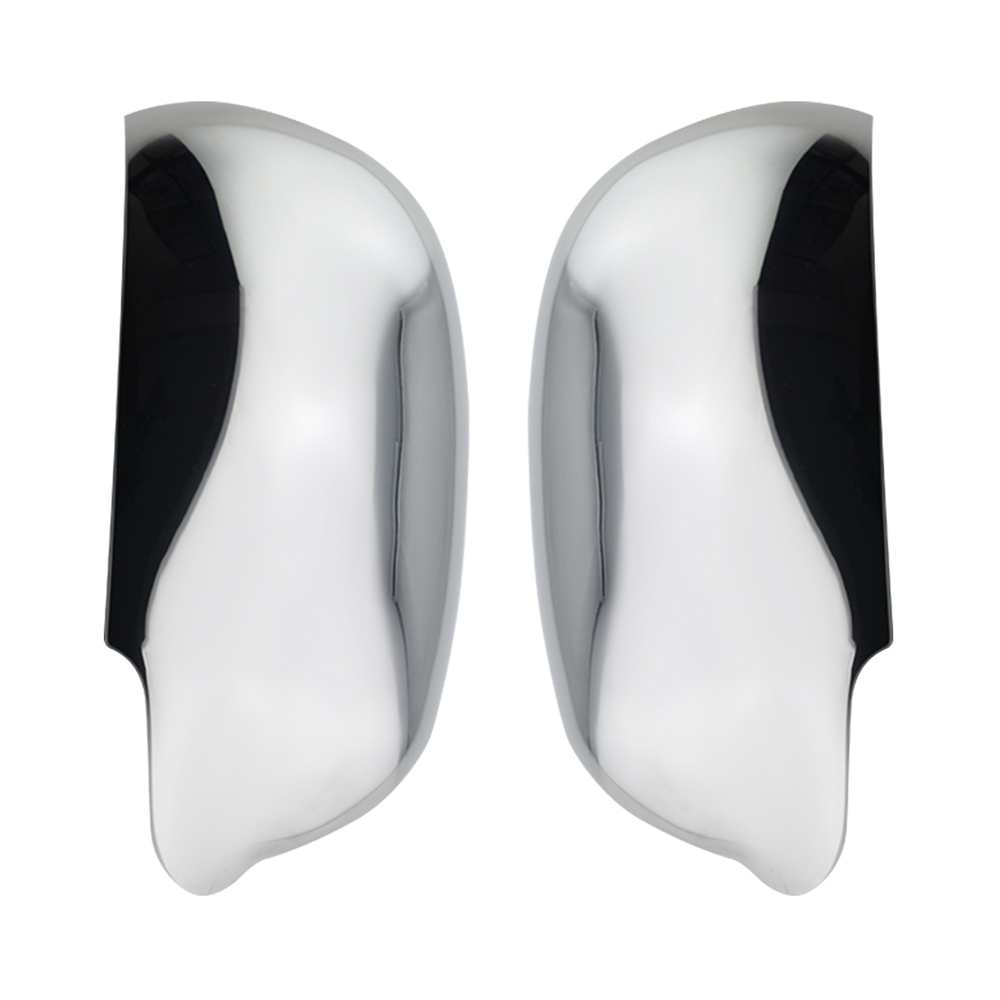 View More >>
View More >>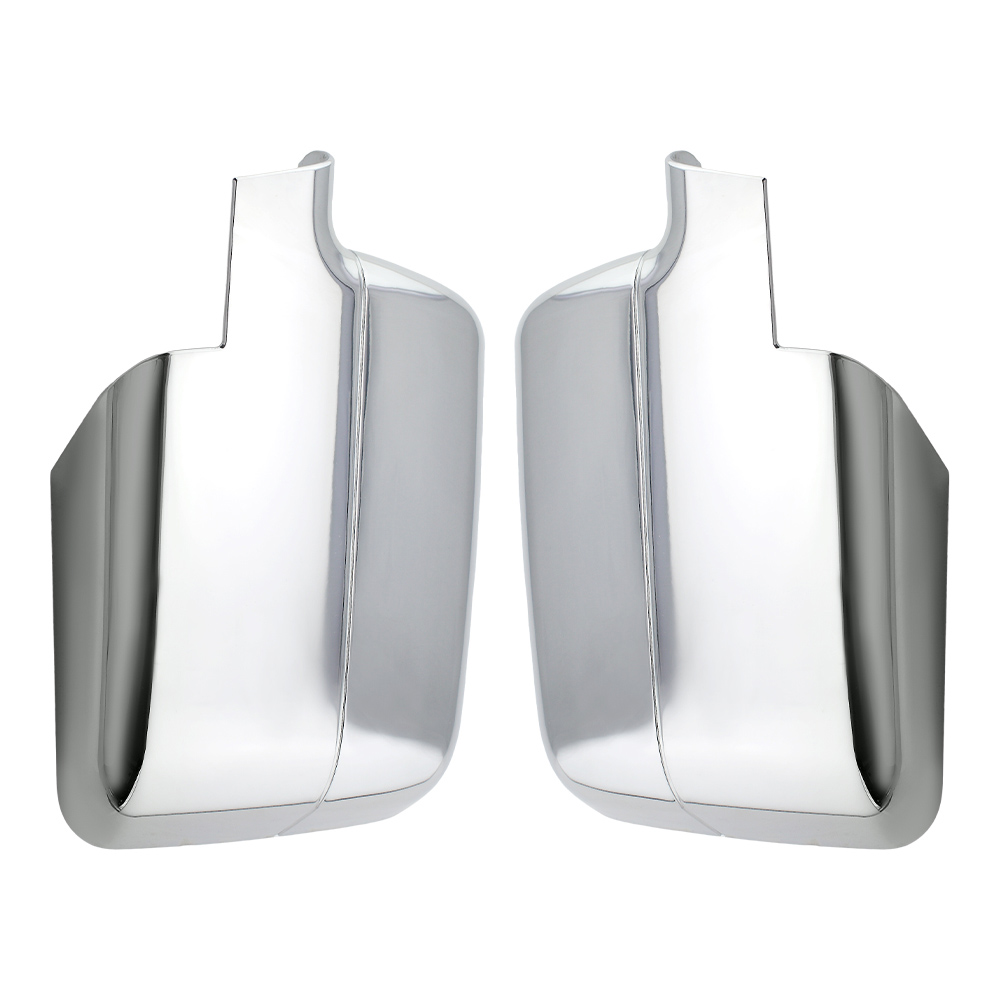 View More >>
View More >>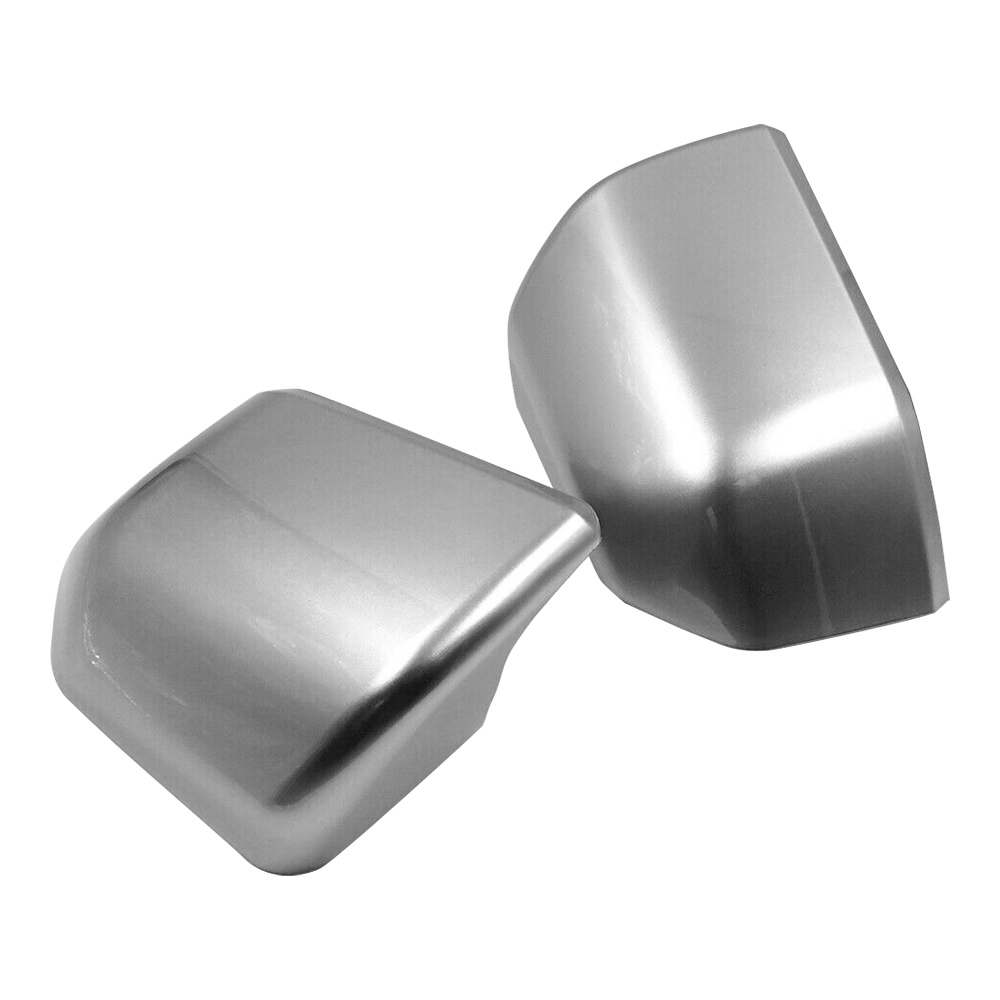 View More >>
View More >>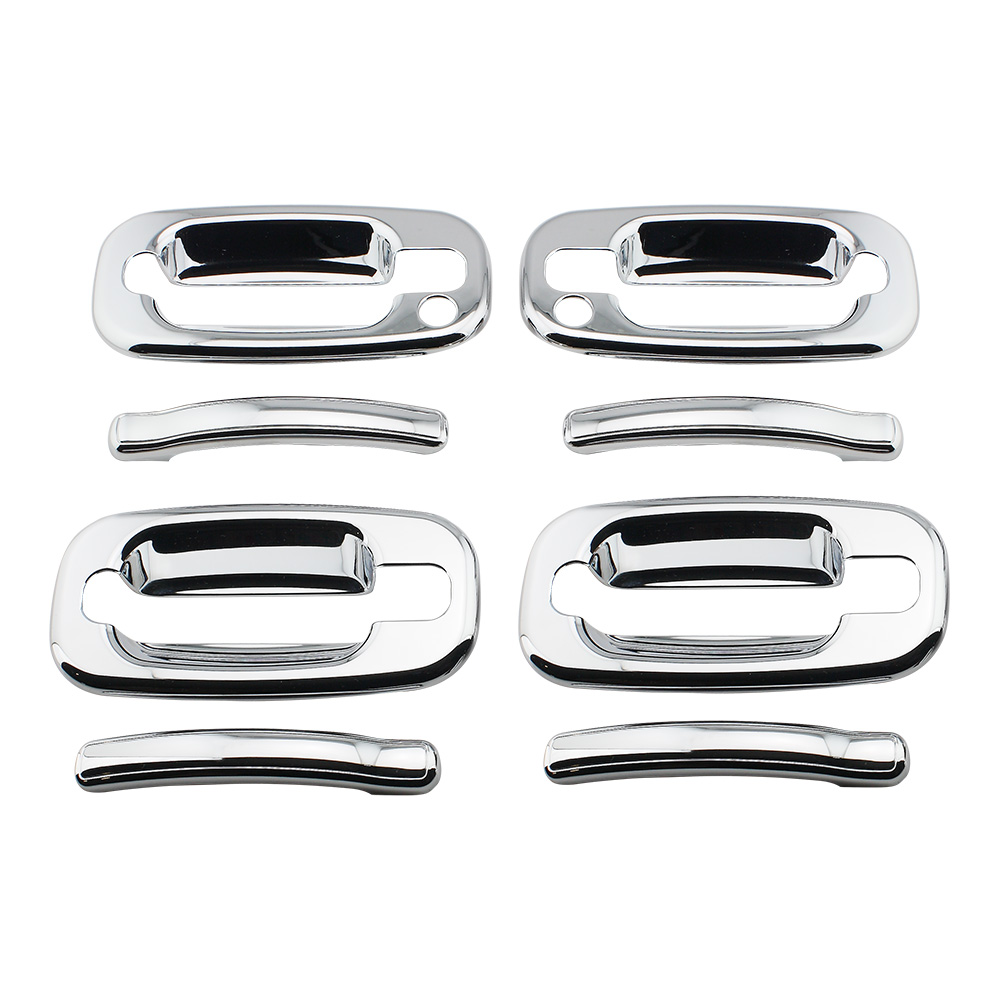 View More >>
View More >>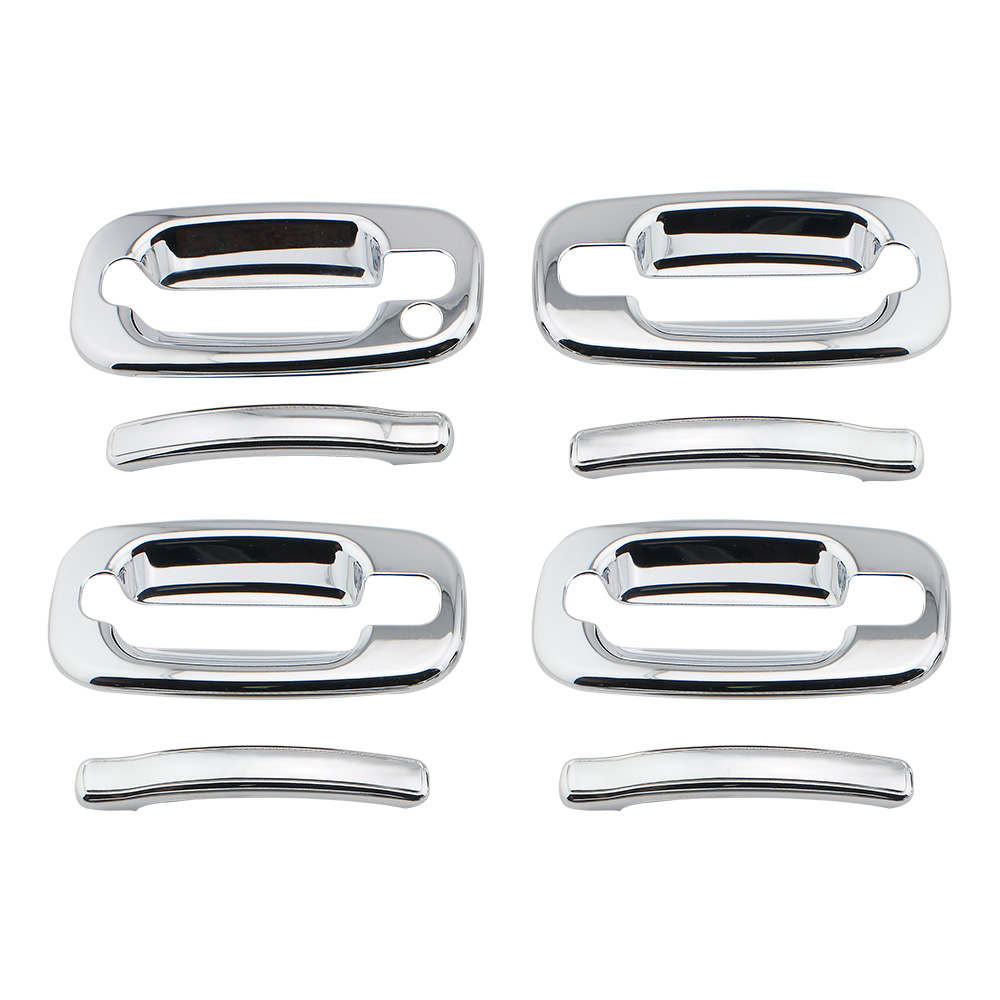 View More >>
View More >>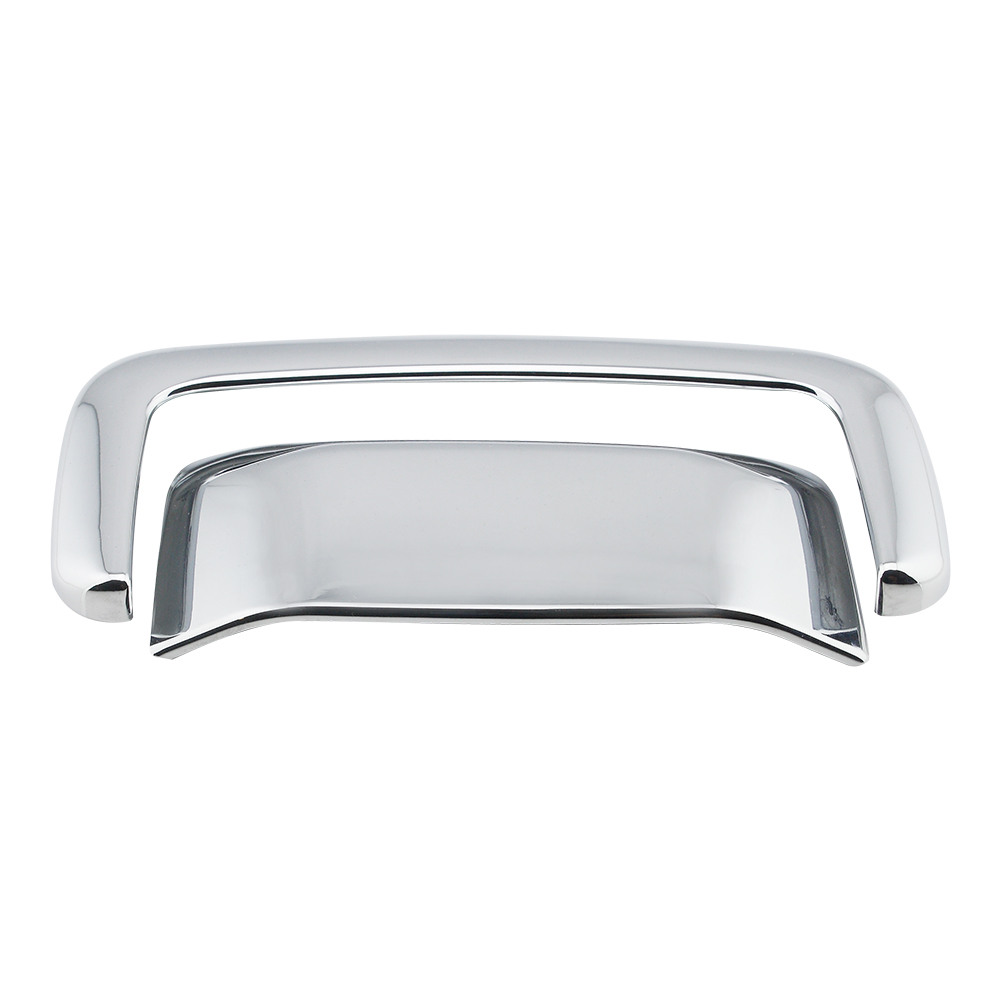 View More >>
View More >>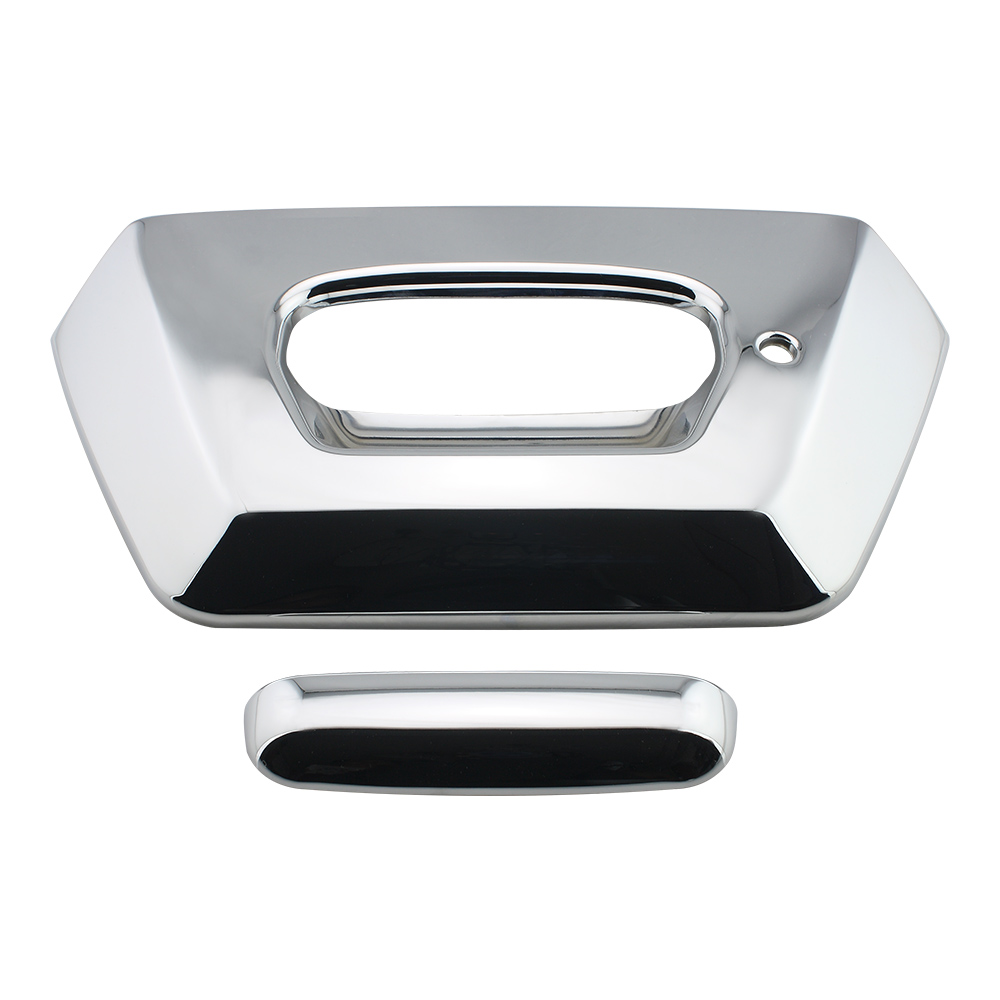 View More >>
View More >>(canaddletterfordraptor)-1.jpg) View More >>
View More >>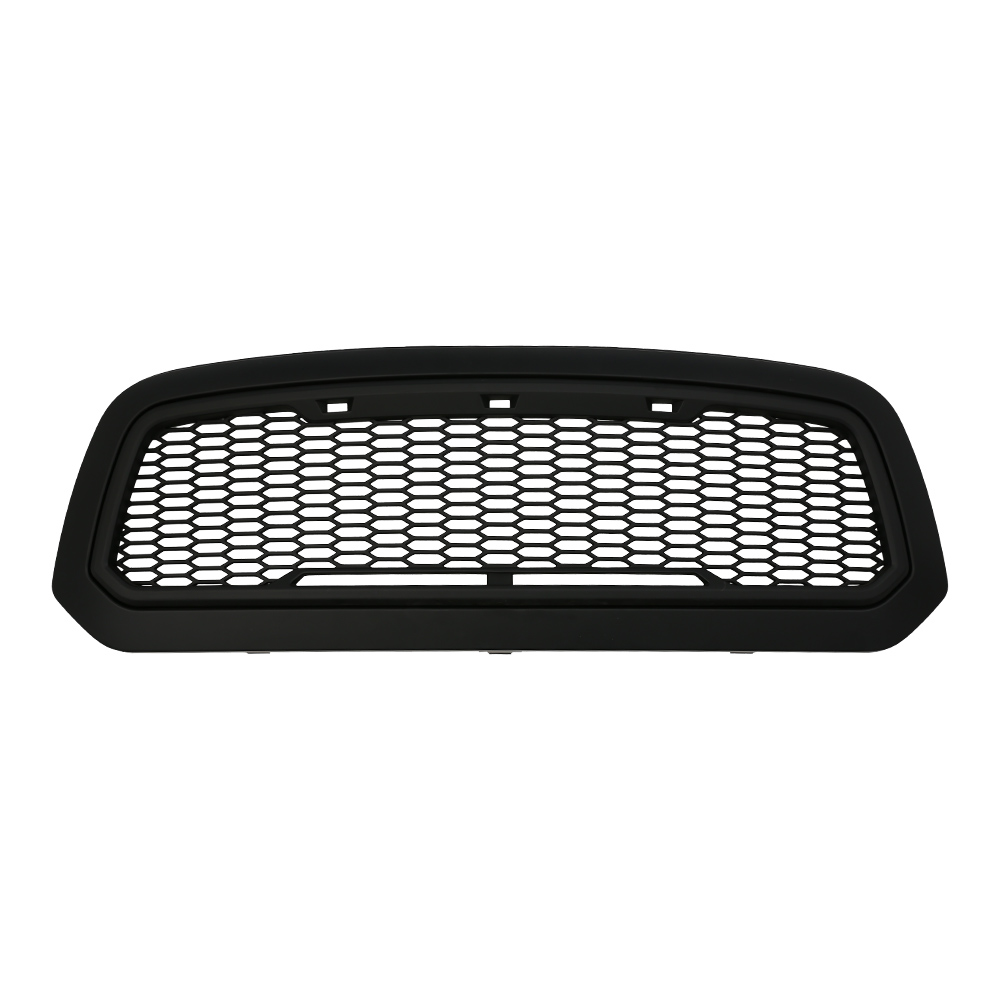 View More >>
View More >>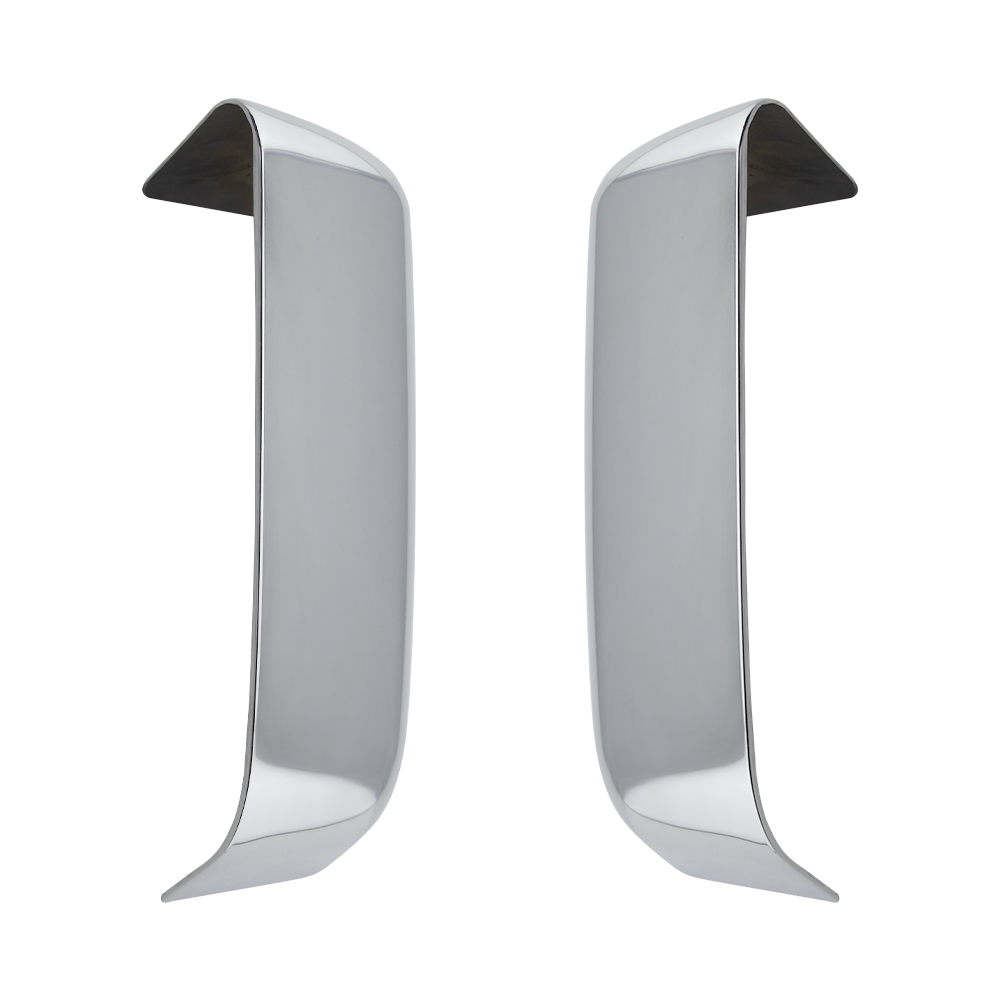 View More >>
View More >>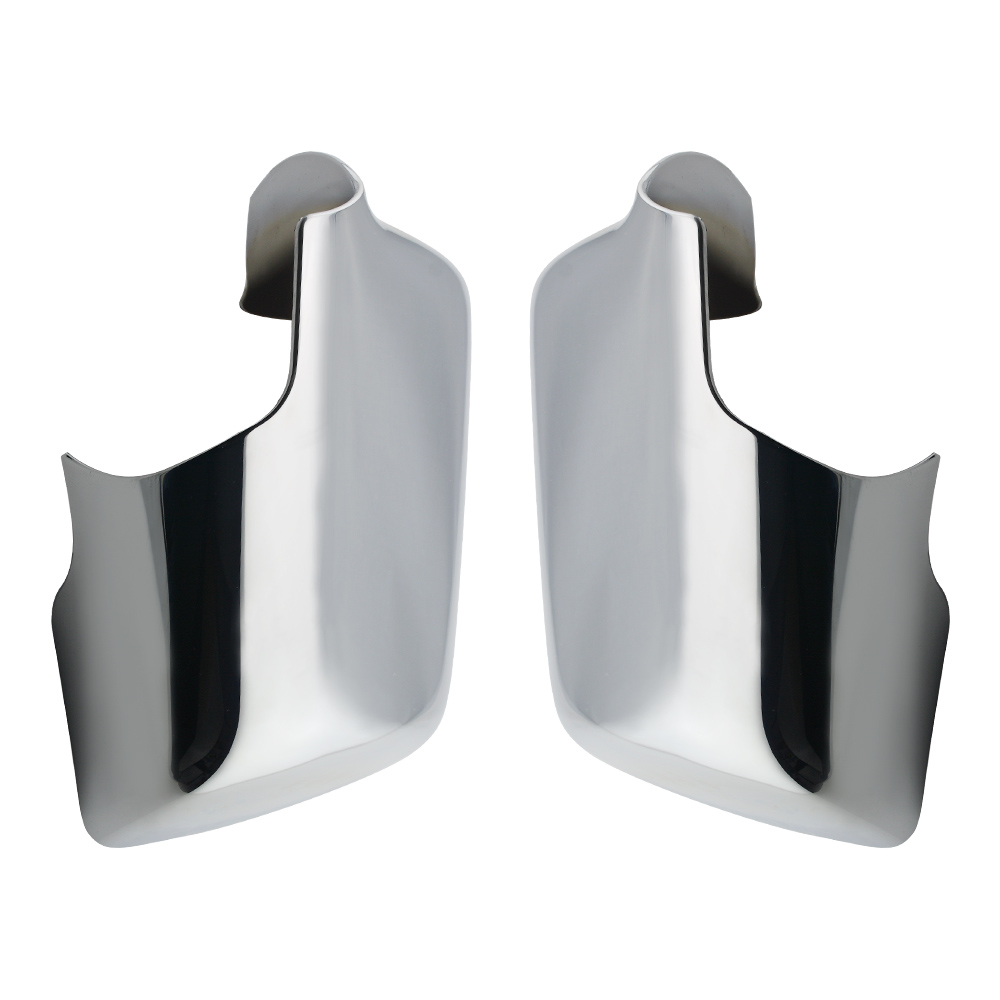 View More >>
View More >>
